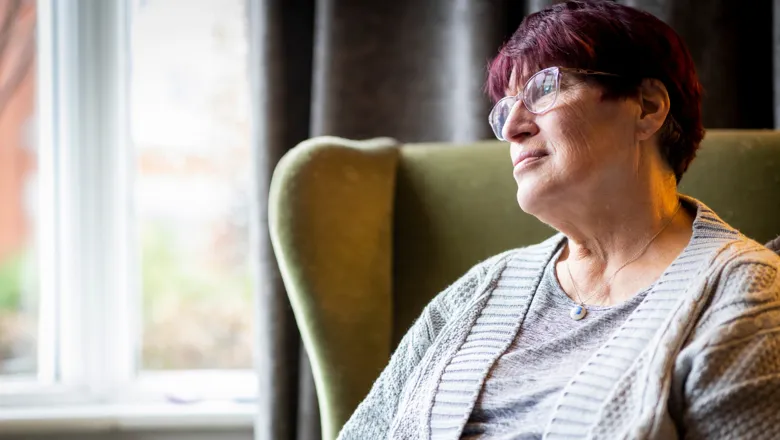I am really looking forward to starting this EU Horizon 2020 project and leading the nursing component. Transforming fragmented clinical practice into a more holistic, inclusive, and personalised approach has the potential to reduce the healthcare costs, but more importantly, to positively impact on elderly multimorbid atrial fibrillation patients’ quality of life and these are exactly the types of patients I see in my atrial fibrillation clinic.
Dr Gerry Lee, Reader in Advanced Clinical Practice
23 November 2020
New funding supports research into holistic treatment for atrial fibrillation with other long-term health conditions
Developing personalised treatment strategies to increase quality of life and reduce healthcare costs

Researchers from King’s College London are involved in a European collaboration investigating ways of providing holistic care to elderly patients with atrial fibrillation and two or more long term health conditions (often known as multimorbidity).
Atrial fibrillation (AF) is a heart condition that causes an irregular and often abnormally fast heart rate. It affects around one million people in the UK and is more common in people over the age of 65.
Across Europe, clinical practice for elderly patients with multimorbidity and atrial fibrillation can be fragmented, with delays in the diagnosis being confirmed which can lead to issues with commencing blood-thinning medication. With current practices, the care of those patients costs the European health care systems an estimated €178 billion per year. The new research collaboration, called the EHRA-PATHS project, aims to address this fragmentation by developing patient-centred, systematic care pathways incorporating the different healthcare fields and expertise each patient needs.
EHRA-PATHS is a €6 million project funded by European Union Horizon 2020 programme and involves 14 research centres across 11 European countries. A portion of this funding has been awarded to Dr Gerry Lee, Reader in Advanced Clinical Practice in the Florence Nightingale Faculty of Nursing, Midwifery & Palliative Care at King’s, which is the only nursing faculty to be involved in the project.
Dr Lee will be leading on one of the work packages within the project, which will map current atrial fibrillation management practice and the perceived gaps in clinical practice for these multimorbid atrial fibrillation patients across Europe. This will be undertaken via a systematic assessment through questionnaires of specialist atrial fibrillation healthcare professionals and individual interviews among atrial fibrillation patients and their carers, to document their perceptions on current clinical practice and identify their unmet needs.
The full title of the project is Addressing multimorbidity in elderly atrial fibrillation patients through interdisciplinary, tailored, patient centered care pathways. Ultimately, the EHRA-PATHS collaboration aims to influence the medical community for broad adoption of the new care pathways and inclusion in the European Society of Cardiology atrial fibrillation guidelines due to be updated in 2026-2027.
